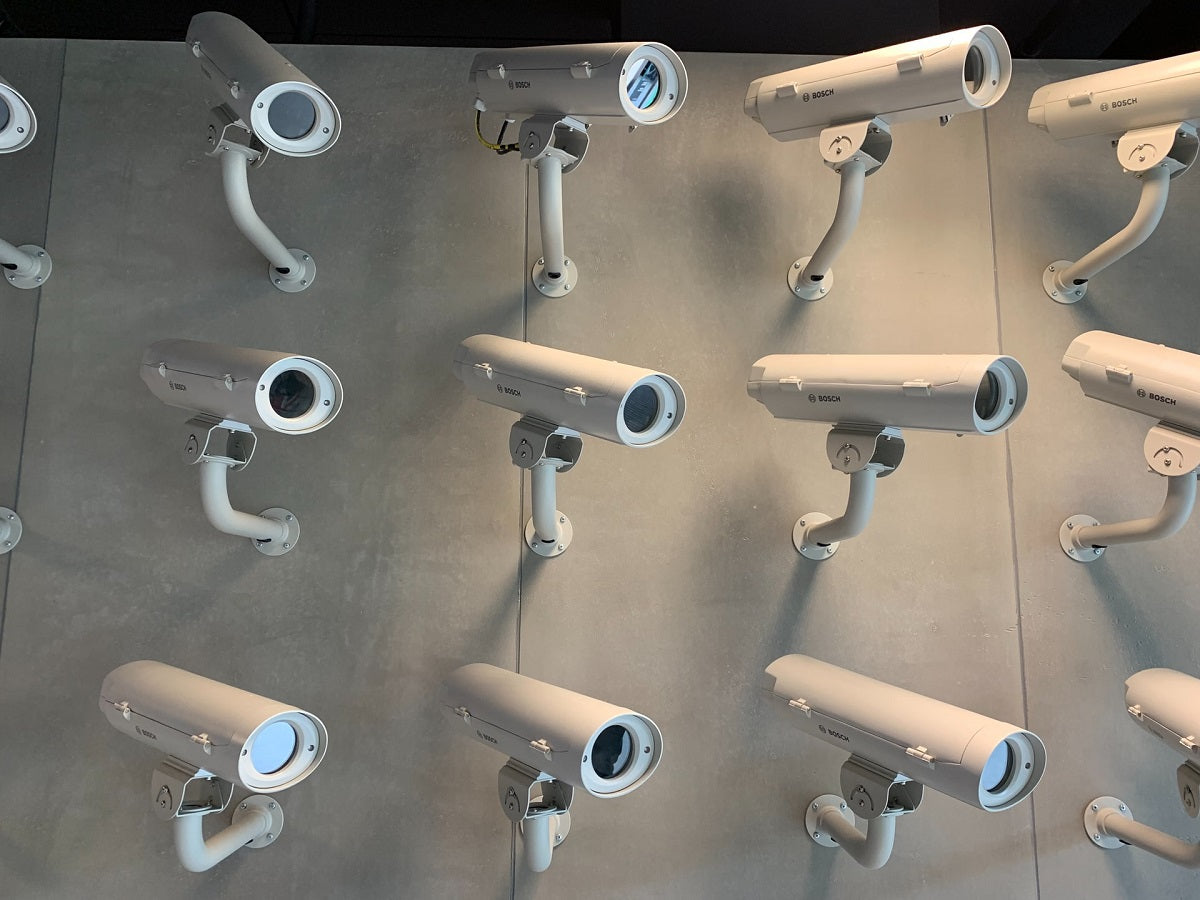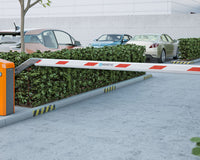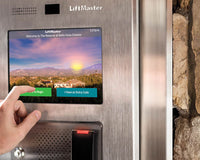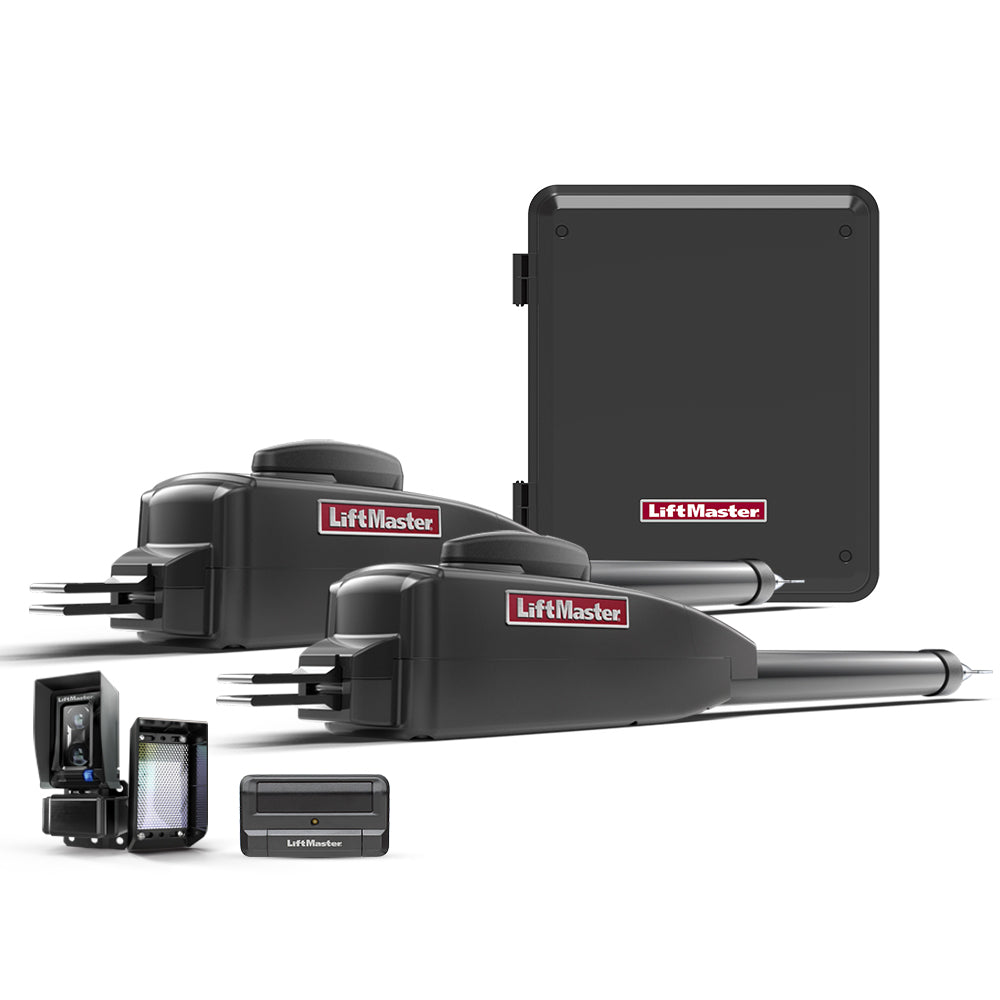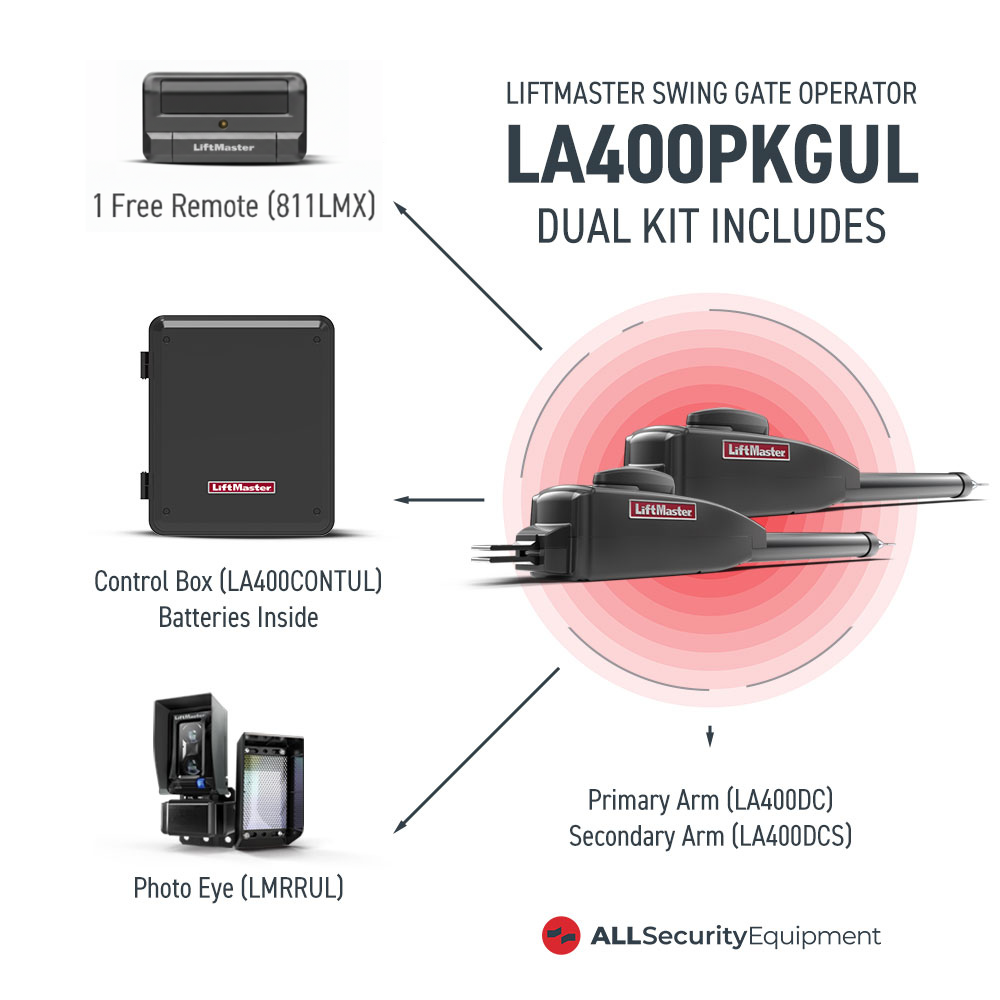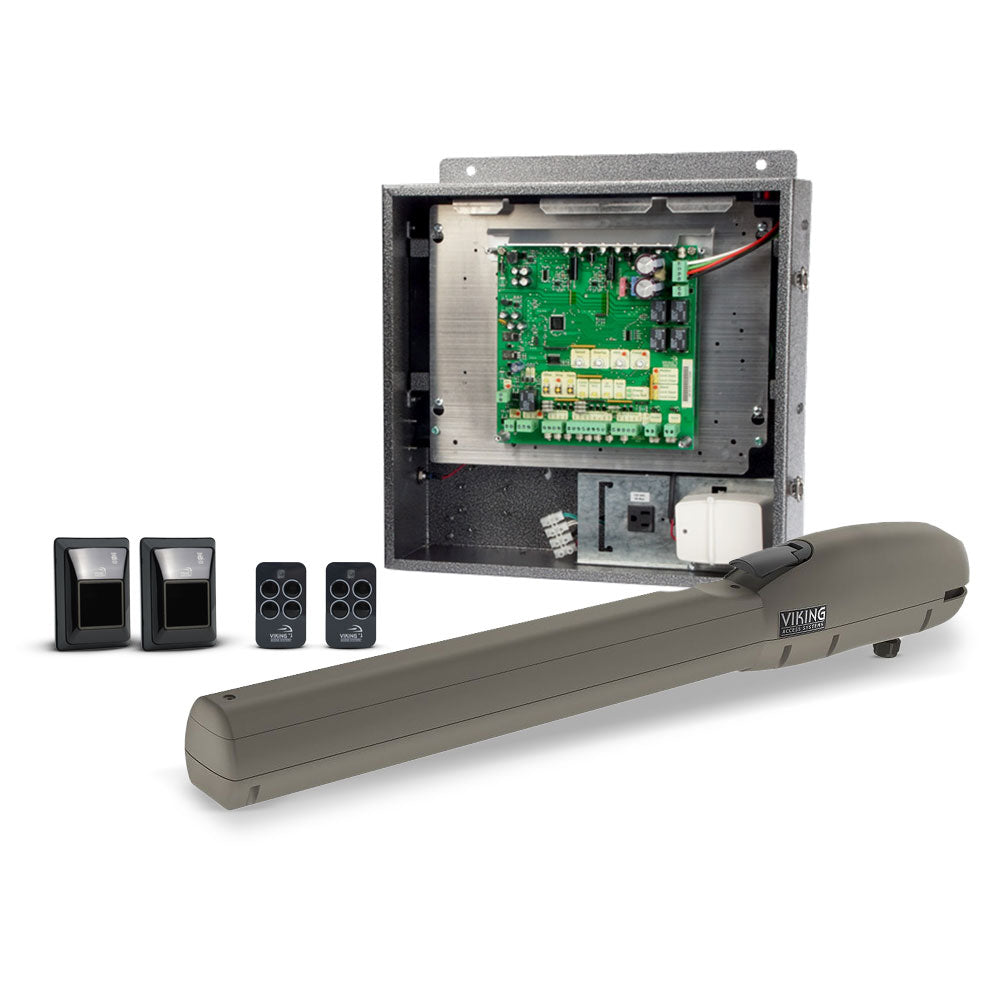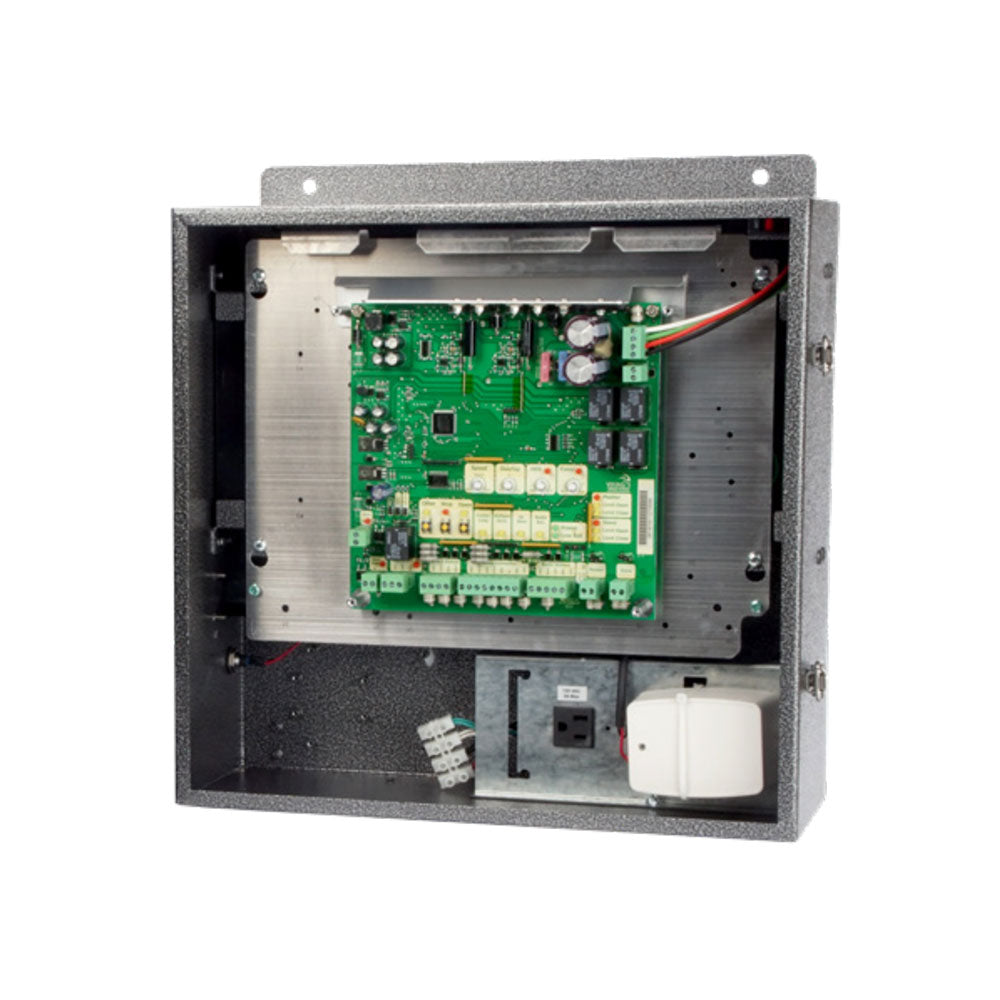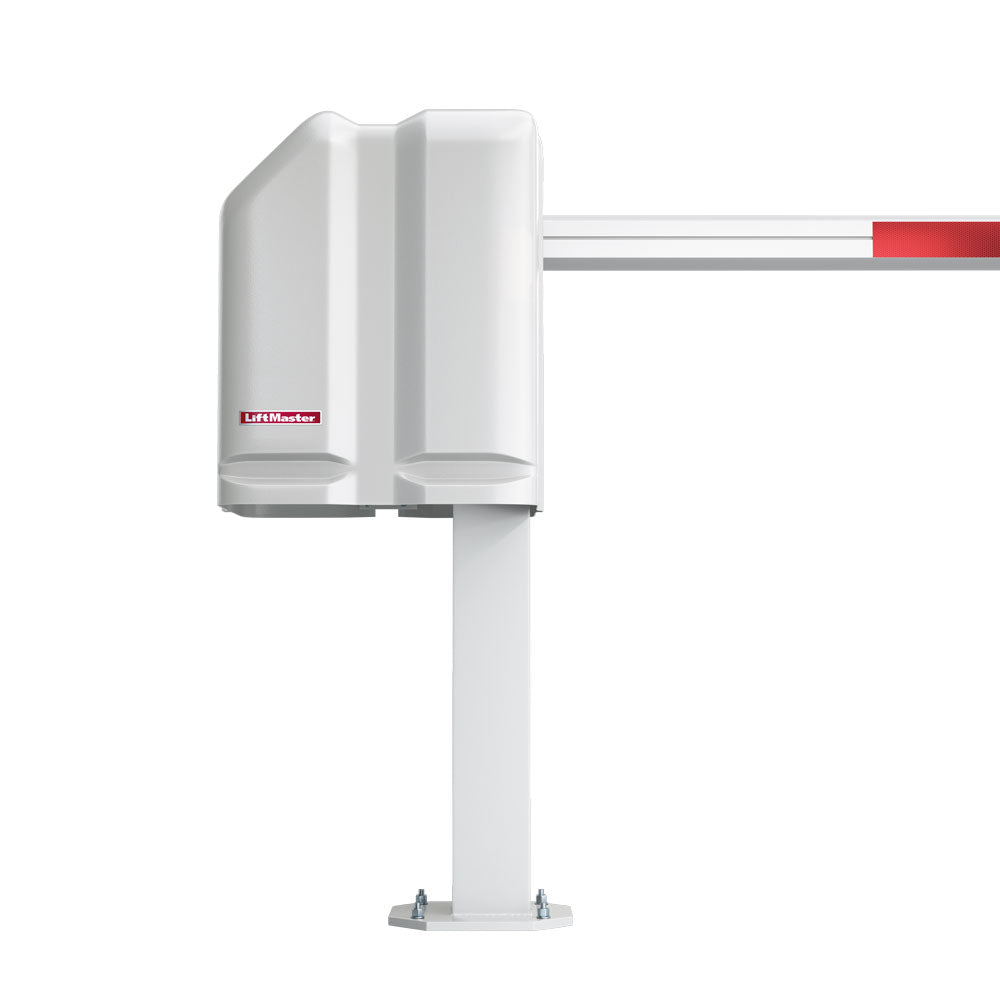You already know that a home security system gives peace of mind that your home is safe and protected whether you are asleep in your bed or out of town. Choosing the right security system for your home can be challenging, considering that a home security system is made up of different interconnected devices.
Which components should you invest in? Should you install the system yourself or get it done by a professional? Should you go for a DIY or professional monitoring system?
In this quick guide, we answer these questions and share important tips on how to choose a home security system that’s right for you. Let’s get started.
Tips for Choosing a Home Security System

Determine the Right Security System for Your Home
The first step in choosing a security system for your home is deciding what you want the system to accomplish. What purpose do you want the security system to serve?
Home security systems are grouped into three broad categories:
- Intruder detection and alert system: This protection system deters burglars from your property. Typically, intruder detection systems include security alarms, motion detector, and other security technologies that make it a lot harder to get into your home.
- Environmental monitoring: This home security system can help avert non-human threats to your property, such as fire or flooding. Smoke detectors and sprinklers are prime examples of environmental monitoring systems.
- Home automation: This category consists of interconnected devices from your smart lock to your wireless security cameras, which can be controlled independently or collectively through the Internet of Things (IoT).
Figuring out your primary security purpose will help you determine which system best fits your needs. To do that, ask yourself:
- What is your routine or your family’s routine?
- How big is your home, and what is its condition (old or new)?
- What is the value of your property and of your valuables?
- What is your budget?
Remember that you can mix and match components from the three categories to provide robust security for your home.
Pick the Right Security Gadgets
Regardless of the security system, you want to implement in your home, it is important to select the right components or gadgets. Some to consider include:
- Smart doorbells or video doorbells
- Security camera system (including motion cameras, nanny cameras, and spotlight cameras)
- Burglar alarm (sirens)
- Floodlights
- Window and door sensors
- Motion sensor
- Glass break sensor
You may also choose to install pipeline monitoring systems, sprinklers, and fire detectors, but this will largely depend on how old your home is.
Decide Between Professional and DIY Monitoring Systems

Next, decide on the monitoring system you want. Your choices include DIY and professional monitoring systems.
Professional monitoring is offered by a security company that serves as a call center. The company continuously monitors your home for any out-of-the-ordinary or suspicious activities. The security company will immediately notify emergency services on your behalf if it notices anything unusual at your home. The timely intervention will prevent or minimize potential loss or damage.
While the surveillance and customer service provided by a professional monitoring is great for larger residences and commercial security, it might not be worth the investment if you only have a few valuables in your home. Consider a DIY system if you don’t have too many valuables or if you have a smaller home.
Of course, DIY monitoring means you are responsible for monitoring and calling emergency services, and this can be a daunting task if you have a busy schedule. Thankfully, you can receive notifications on your mobile device from motion sensors and entry sensors if you have a smart security system. Some of the more popular DIY security systems include the Ring Alarm Pro and Google’s Nest Secure.
Choose the Right Network for Your Security System
The reliability of your home security system depends largely on how effective your preferred network is. Interconnected security devices require either a wireless or wired network to function as a cohesive whole. Choosing a reliable network can make a huge difference when you need it most.
Wireless security systems are widely popular but require a cellular or Wi-Fi connection to work. They are easy to install, configure, and use, even though they usually require smartphones and specific apps to control the interconnected security components.
Although a wireless system is simple and convenient, they are not the best choice for people living in areas with poor internet connections. Wired networks are the most suitable option if your internet connectivity is unreliable, and a dedicated landline telephone is all you need for a wired network to perform optimally. This means you’ll need a professional to install a wired network for your home security system.
Choose Between DIY and Professional Installation
When it comes to installing your home security system, you can adopt a do-it-yourself approach or take the professional route.
Choose DIY installation if you have a pre-programmed system that requires little to no professional expertise. Installing your home alarm system, yourself means you won’t enjoy the benefits that come with professionally installed security systems. Also, remember that you need good internet connectivity if you opt for a DIY security system for your home.
The good news is that since most DIY systems have easy-to-adhere gadgets and equipment including wireless cameras, there is no need for drilling holes during installation. All you need to do is peel and stick the devices on surfaces and configure the system on your tablet or smartphone, following the instructions in the installation manual.
On the other hand, a home security system with wired connectivity typically requires professional installation. Although this is a more expensive option, having your security system installed by experienced security experts means you’ll have a more reliable system. In most cases, professionally installed systems offer plenty of perks, including professional monitoring.
Choosing the Best Security System for Your Needs
This guide discussed practical tips on how to choose the best home security system for nearly every need and budget. While the thought of a smart home and integrating Internet of Things (IoT) devices might seem daunting, you don’t need to spend a fortune to secure your home. A DIY home security system is affordable and suitable for small homes. If DIY isn’t for you, opt for a professionally installed security system in your home if you have the budget, valuable contents, and a larger home.
Thank you for reading our comprehensive guide on how to choose a home security system. We hope that by following the advice in this article, you will be able to find the perfect security system for your needs and budget. If you have any questions, please do not hesitate to contact us. We would be happy to help!

